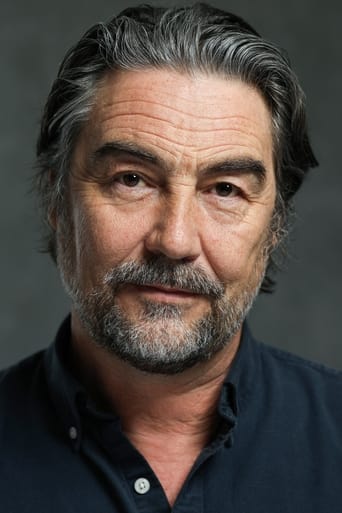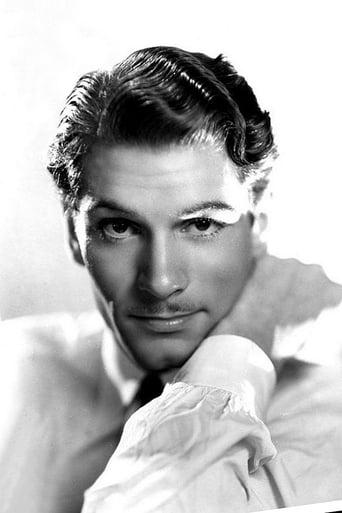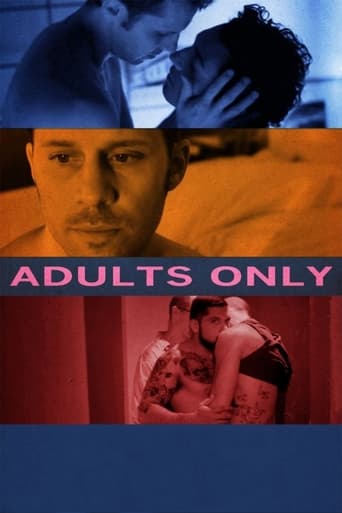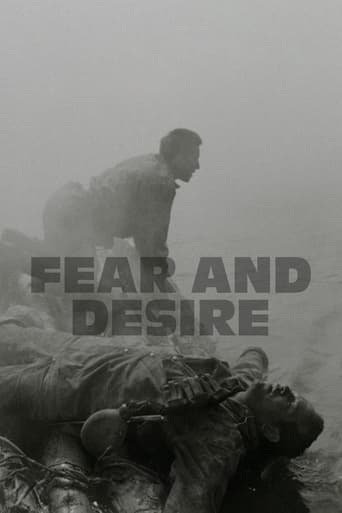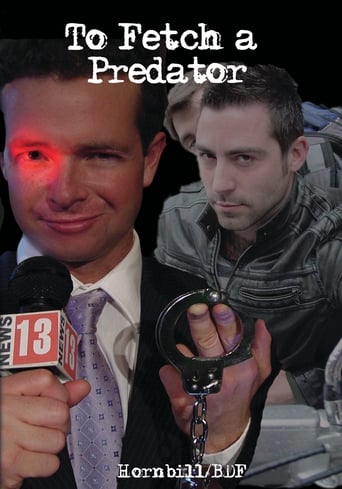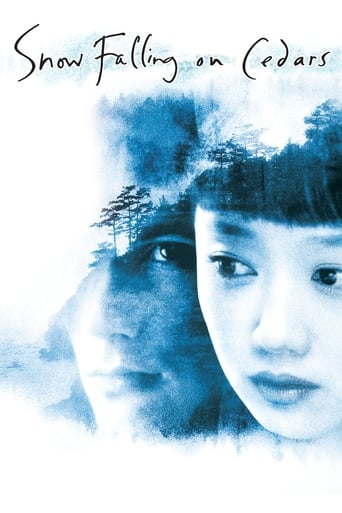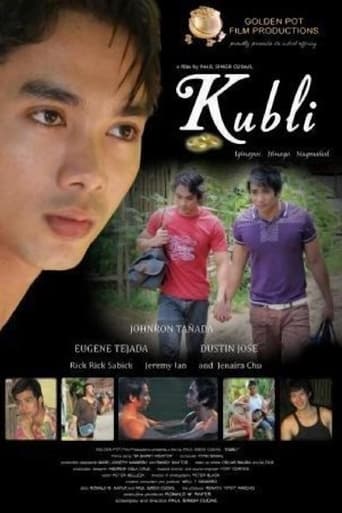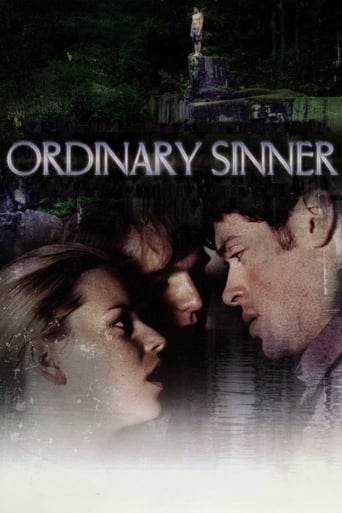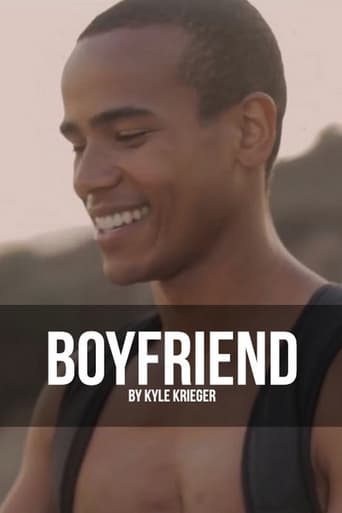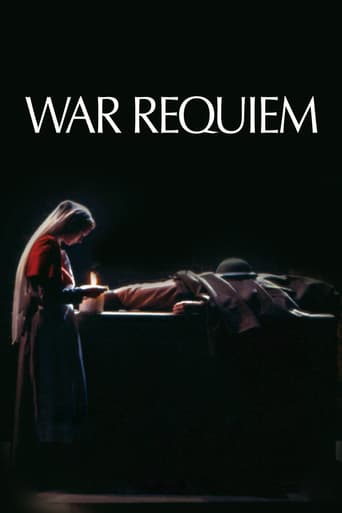

War Requiem (1989)
A film with no spoken dialogue, just follows the music and lyrics of Benjamin Britten's "War Requiem, which include WWI soldier poet Wilfred Owen's poems reflecting the war's horrors. It shows the story of an Englishman soldier (Wilfred Owen) and a nurse (his bride) during World War I. It also includes actual footage of contemporary wars (WWII, Vietnam, Angola, etc.)
Watch Trailer
Cast


Similar titles
Reviews
Best movie ever!
Absolutely Brilliant!
Pretty good movie overall. First half was nothing special but it got better as it went along.
When a movie has you begging for it to end not even half way through it's pure crap. We've all seen this movie and this characters millions of times, nothing new in it. Don't waste your time.
Derek Jarman's "War Requiem" is not a movie in the general sense of the term. The only dialogue is at the beginning. From there it's all images of soldiers, set to the tune of Benjamin Britten's* requiem of the same title. I'd say that the movie works as a look at the horrors of war. The focus is World War I, but it includes footage of later wars. The music offers a good contrast to the war, but at the same time it distracts.This is the first Jarman movie that I've ever seen. It has its merits and its weaknesses. It turned out to be one of Jarman's final movies (he died of an AIDS-related illness in 1994). What the movie should do is force us to take a serious look at WWI. Not only did it senselessly kill millions and create a lost generation, but Versailles Negotiations set the stages for Hitler's rise to power, the Vietnam War, and the current bloodshed in the Middle East.So the movie does a good job showing the horrors of the war, although I doubt that it's possible to portray to the full extent. It's not clear if Jarman meant for the emphasis to be on the war, or on the operatic soundtrack accompanying the scenes. The result is an OK, not great effort.PS: Jarman, an openly gay man, fought Thatcher's proposed anti-gay laws in the '80s. I wonder what he would think now that the UK has marriage equality.*Benjamin Britten's music more recently appeared in Wes Anderson's "Moonrise Kingdom".
I was watching War Requiem which is Derek Jarman's conception of images of the music of Benjamin Britten and the poetry of Wilfrid Owen and I thought this was a work better left to the imagination. Beautiful, but something I might imagine hearing it would be a lot different.Newsreel footage of World War I and more contemporary conflicts are mixed in with live pantomime like performances of various players and singers including Laurence Olivier in his farewell performance. Olivier plays a wheelchair bound veteran of World War I in whose eyes all the images are seen. Benjamin Britten's War Requiem was originally composed for the dedication of the new cathedral in Coventry, the old one as well as the town itself pretty much blasted to smithereens by Hitler's Luftwaffe. The words are by Wilfrid Owen, the various verses he wrote are put to Britten's music. Owen was killed almost exactly a week before the Armistice was signed in 1918. Oddly enough both men were as one British friend of mine puts it, 'as gay as green shoes'.This is Jarman's vision, not necessarily mine, not necessarily your's. I think that art like this is best left to the individual imagination. But Jarman does a vision of terrible beauty as W.B. Yeats put it.
With the exception of an opening sequence in which the music is introduced over a tolling bell and the text of Wilfred Owen's Strange Meeting read, this film follows the scheme of Britten's War Requiem, a poetry-expanded musical setting of the Requiem Mass. It's an intermittently effective project, Jarman using both narrative scenes and more abstracted tableaux that rely on the actor in frame to channel some sort of internal narrative. There is also scattered use of period footage from conflicts both pre-1963 (the date of the oratorio's composition) and as recently as the Falklands conflict (1981). All this is, in turn, the extrapolated daydream of a veteran of the Great War, played by Lawrence Olivier. Olivier's is the almost the only scene done on location and really does carry weight for all that it's mere seconds of screen time. Other scenes are rather more mixed: given the huge emotional and indeed satirical charge of the music the most affecting set pieces are those that play a straight narrative. That said, there is undeniable charge in the formal composition of static shots which reflect in their old master/biblical referencing the liturgy of the text. 5/10
War Requiem is a vital film in Derek Jarman's filmography; seemingly handcuffed by a score with which he could not play around at all, Jarman could not work his sonic wizardry with his usual collaborator Simon Fisher Turner, or any others. However, here Jarman fused many of his passions and obsessions into one of his most personal statements: working with favorite actors, especially the intense and beautiful Tilda Swinton; using the shimmering, glorious Super 8 of home and play; collaging and staging and digging up artifacts to reposition and reexamine them; and composing image and cuts like a composer working on a new symphony. Dziga Vertov and Dovzhenko may have been working in this vein this decades ago, but if Jarman gives it a try today, the comparisons are to "music video"; naturally, no one is really paying attention if they're making comments like this. The intent and effect of works such as War Requiem (or The Last of England and The Garden) are virtually an antithesis of the shallow, splashy, and seizure-ridden style and pace of MTV and company. Jarman has advanced his uniquely cinematic aesthetic - somewhere between the work of a symphonic composer and a painter, working with light and celluloid instead of oils - in this work that treads a tightrope between narrative and poetic verse. So many sequences of this film are powerful and gutsy and utterly moving: the montage of war footage, building in rhythm and intensity with Britten's score; the tear-inducing shot of Tilda swaying to the music; the nurses playing "Blind Man¹s Bluff"; the smoke and flowers. Derek crafted one of his most hearfelt, original, and spontaneously lyrical movies in War Requiem; now it only needs a top-notch release on DVD.


